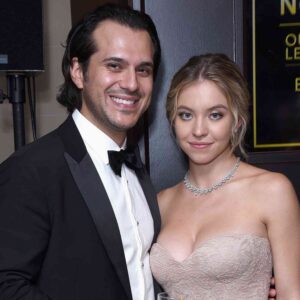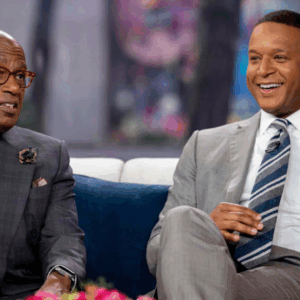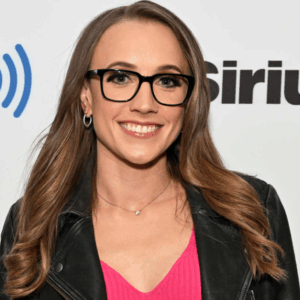Carrie Coon Claps Back at Meghan McCain’s White Lotus Criticism with Icy Two-Sentence Response
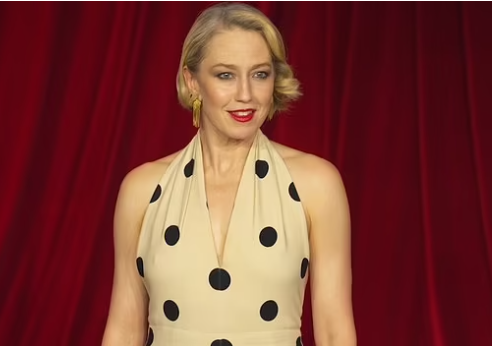
In a recent exchange that caught the attention of fans and critics alike, Carrie Coon addressed Meghan McCain’s criticism of her character in HBO’s acclaimed series, “The White Lotus.” Coon’s character, Laurie, has garnered mixed reactions, particularly due to her involvement in provocative scenes that some viewers have found controversial. McCain, well-known for her outspoken political views, aired her grievances about the character, sparking an interesting dialogue on representation in media.
Understanding the Criticism
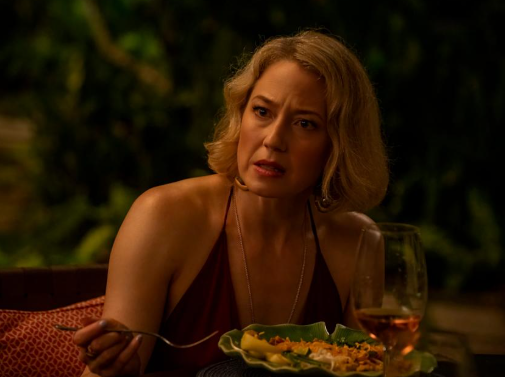
Coon’s response to McCain’s critique was succinct yet impactful. She expressed her appreciation for McCain’s engagement with the show, stating, “I hope Meghan enjoyed the finale. I’m glad she’s watching the show.” This remark not only highlights Coon’s professionalism but also subtly addresses the ongoing tension between their differing political perspectives. While Coon’s character is portrayed as a liberal Democrat, McCain’s views represent a more conservative ideology, a dynamic that has fueled their dispute.
The criticism came to a head when McCain pointed out the show’s decision to frame Coon’s character as irresponsible and liberal, a representation she found objectionable. Drawing attention to the political undertones in “The White Lotus,” McCain defended her perspective, arguing that the character’s actions and ideology were indicative of a broader trend in media that may not resonate with all viewers. As a prominent media figure in her own right, McCain’s critique serves as a reminder of how powerful television narratives can shape public opinion and influence dialogue.
The Broader Implications of Political Representation
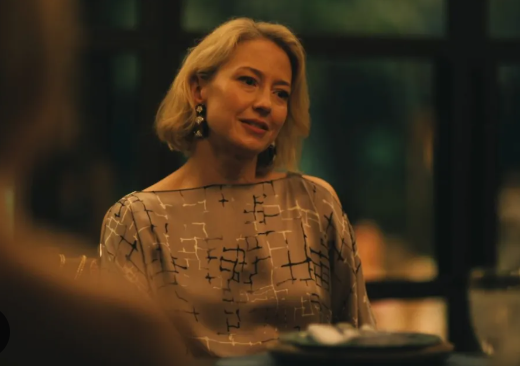
The exchange between Coon and McCain opens up a larger conversation about the role of representation in contemporary media. Carrie Coon has been vocal about how important it is for TV to reflect the diverse viewpoints of its audience, including those who identify as conservative. In her defense of her character, Coon highlighted the need for stories that encapsulate the broader spectrum of beliefs that exist in society. This commentary infers that the dialogue around characters like Laurie is more than just entertainment; it’s a reflection of cultural and political realities.
As “The White Lotus” approaches its finale, the impact of such commentary reverberates through pop culture discussions. Coon’s character represents a growing trend where complex, flawed individuals are brought to the forefront, stirring debate over how political beliefs and personal actions are portrayed on screen. The character’s more liberal tendencies juxtaposed with McCain’s conservative views further underline the divides present in today’s societal and political landscape.
Audience Reactions and Media Dynamics
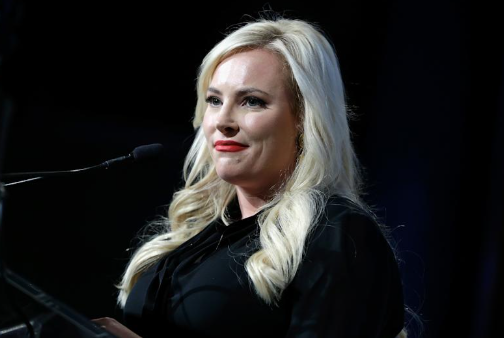
The latest season of “The White Lotus” has sparked significant conversations not just about its narrative choices but also about the implications these storylines have in real life. Audiences have expressed a range of reactions, from enthusiastic support of Coon’s character arc to vehement disagreement. This variety of responses suggests that viewers are not only consuming content passively but engaging with it in ways that reflect their own beliefs and values.
As Coon’s character continues to resonate with some while alienating others, it beckons a deeper examination of the roles celebrities play in shaping public discourse. The nature of criticism, especially in a politically charged environment, serves to highlight the complexities of personal beliefs that often influence audience perceptions. Both Coon and McCain, through this exchange, have become unwitting participants in a larger conversation about how media influences political discourse and vice versa.
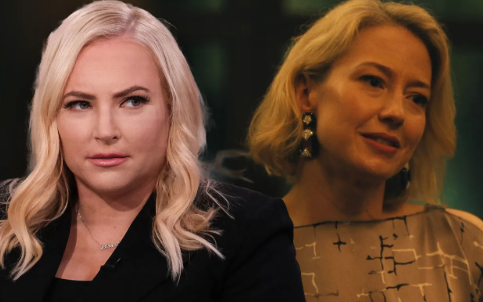
The back-and-forth between Coon and McCain illustrates a microcosm of the demographic divisions present in the current cultural landscape. As media consumers, audiences are constantly navigating their own biases while trying to find representation that speaks to them. This dynamic becomes ever more critical as television continues to evolve and provoke dialogue among its viewers.
As the finale of “The White Lotus” draws near, Carrie Coon’s icily crafted response to Meghan McCain’s criticism paves the way for a necessary discourse on representation in television. The nuances of their exchange reflect a society grappling with differing ideologies and highlight the power of media in shaping perceptions. For viewers and fans alike, engaging with such discussions can enrich their understanding of the political dimensions of popular culture.
To stay informed about the evolving dialogues surrounding your favorite shows and characters, be sure to follow entertainment news and join the conversation!

